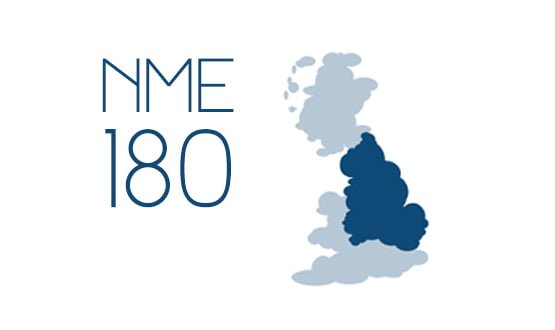NME to retain most NPfIT-era systems
- 17 August 2015

The end of National Programme for IT contracts in the North, Midlands and East of England is looking less and less likely to trigger an immediate, large-scale change-over of IT systems.
The Health and Social Care Information Centre and industry contacts have told Digital Health News that they expect around 60% of the systems installed by CSC as the local service provider to be retained.
CSC became the LSP for the three regions after Accenture pulled out in 2006. It was due to deliver the Lorenzo electronic record, developed by iSoft, which it later bought, to local health economies.
Because of development and deployment delays it installed a significantly larger number of ‘interim’ systems. In the acute sector, many of these were the older iSoft i.PM patient administration system, the i.CM clinical suite and related products such as the Ormis theatre system.
In an email to Digital Health News, the HSCIC said that a total of 781 systems were deployed to 229 organisations under the LSP contract, and it now expects 462 systems (59%) to be retained after the end of the contract on 7 July, 2016.
A further 166 systems (21%) are set to be replaced with new systems, subject to procurement exercise, and 149 systems (19%) are legacy systems that are due to be retired. According to the HSCIC there are just four systems for which there is no stated procurement plan at this stage.
CSC told Digital Health News: “We are fully engaged with all trusts in the NME that rely on CSC for their day-to-day operations and ongoing transformation strategies.
“We have put in place arrangements to make it easy for them to continue using their existing systems, and we anticipate that many trusts will take advantage of this.
“Additionally, we are providing a transition service to our next generation EPR, Lorenzo, and we are actively engaged in supporting trusts with their decision processes.”
Nic Fox, provider support director for the NME, said that the majority of organisations are happy to stick with their current system, as long as it delivers on what they need.
As a result, the end of the national contract is “not the right trigger” for many providers to overhaul their IT strategy. However, this does not mean that they will not procure a new system at a later date.
Other suppliers remain hopeful that the NME will, eventually, open up to a wider range of system suppliers.
One pointed out that given the time it takes to procure, prepare for, and go-live with a new PAS or EPR, trusts starting the process now would be unlikely to complete it within two years.
They also argued that a well-spaced series of procurements, rather than a dash to market, will benefit both trusts and suppliers, who might otherwise lack the capacity to respond.
Similarly, Fox argued there should be a “vibrant market” going forward in which providers can procure a system that is “fit for their needs.”
“We want a healthy and sensible market,” he stressed. For those trusts that are looking to procure new systems, the HSCIC and Department of Health have set a target of December this year for the completion of procurement exercises.
The DH and CSC have been monitoring the move off national contracts closely, through letters asking trusts to provide an update on their situation https://www.gov.uk/government/uploads/system/uploads/attachment_data/file/437172/CSC_LSP_Exit_and_Benefits.pdf and an online exit manager.
The HSCIC is also assigning a red, amber, green risk score to the existing installations, according to their importance to the trust, their complexity, and progress against exit plan.
The most recent figures provided by the HSCIC show 272 deployments at green, 412 at amber and 97 at red. This is an improvement from figures in June when 242 deployments were green, 322 were amber and 162 were red.



